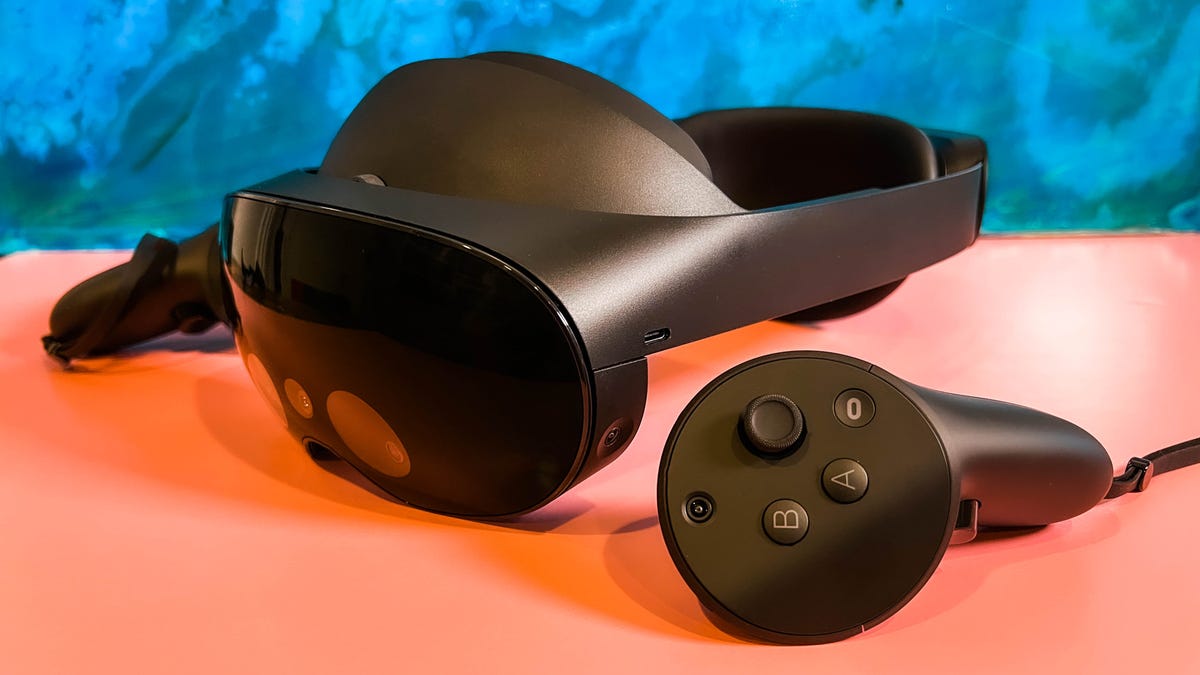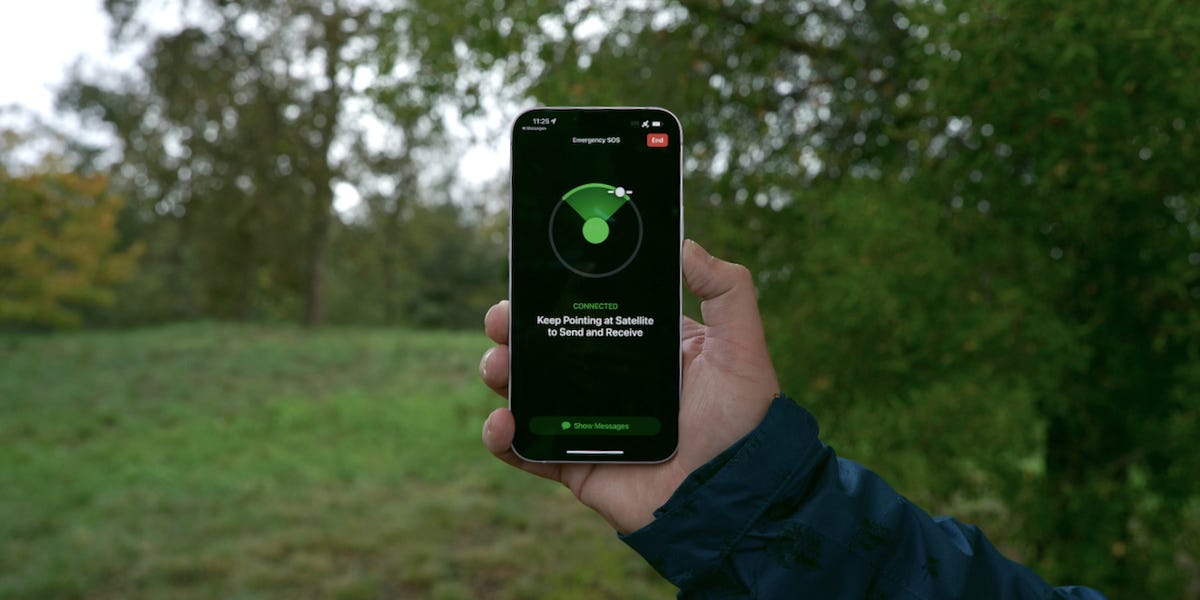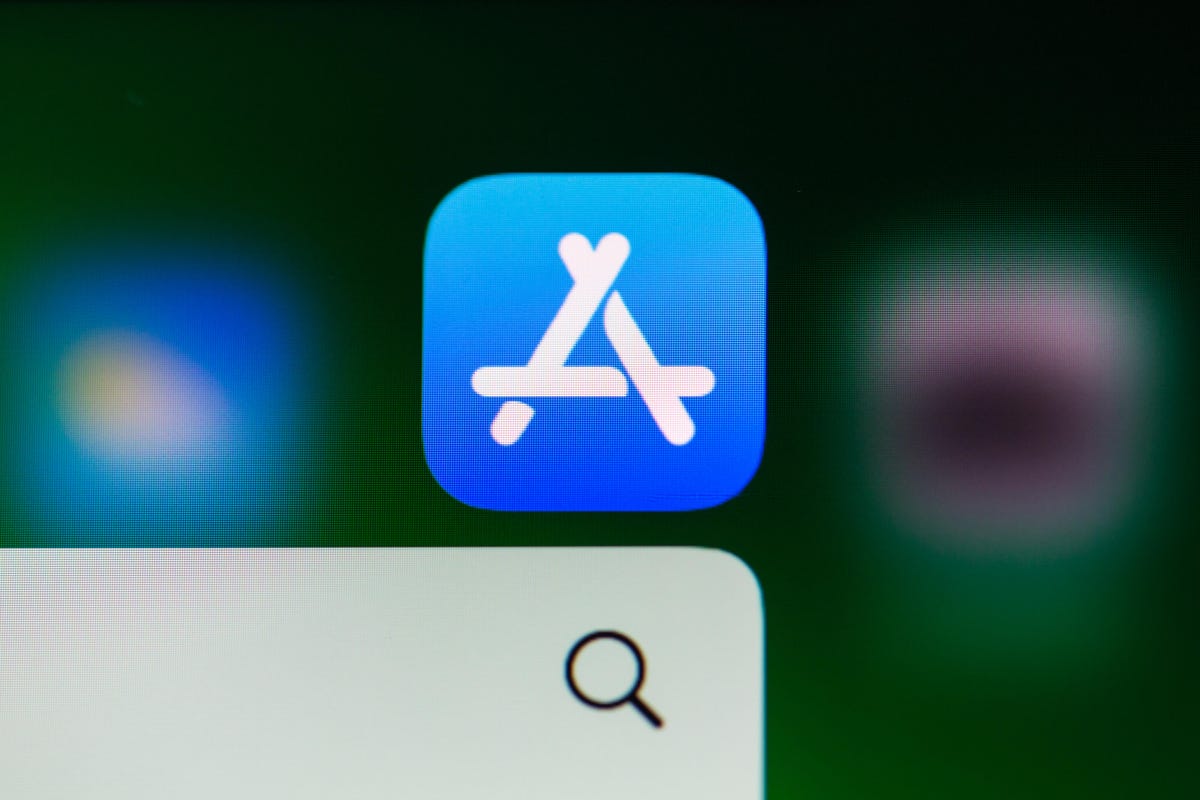A year ago, the market was buzzing at the possibility that Apple may finally begin to reveal its long-anticipated efforts at building a headset, its first major new product since the 2015 release of the Apple Watch.
Apple’s headset, people believed, would give us the clearest sign yet of what the future would be like. After all, Apple has a history of setting industry trends, starting with when it ditched the floppy drive in its first iMac in 1998 all the way to satellite SOS built into the iPhone 14, which other phone makers are now said to be working on as well. It’s also brought niche products into the mainstream, like the smartphone and tablet.
But Apple didn’t show off its headset this year. It didn’t even much mention the augmented reality technology expected to power it, allowing the device to overlay computer information on the real world.
Instead, competitors who tried to get out in front of it were met with mixed success. Facebook co-founder Mark Zuckerberg announced the $1,500 Meta Quest Pro, a headset designed for office work that offers both AR and virtual reality, which envelops you in a computer-generated world.

The Meta Quest Pro received a mixed reception at release.
Scott Stein/CNET
The headset received mixed reviews after its October launch, with critics in particular complaining about the high price, the poor 2-hour battery life and the lack of apps that actually take advantage of its newest features.
“Quest Pro feels like a half-step,” CNET’s Scott Stein wrote after trying the device, marking an inauspicious end to Facebook’s first year under its new VR-inspired name, Meta.
The Apple headset’s no-show, and the Meta Quest Pro’s rocky launch, played into a messy year for the tech industry still hungry for the next big thing. For the past 12 months, tech companies have been beset by a seemingly endless barrage of challenges, from COVID-19 lockdowns that slowed manufacturing in China, to Russia’s unprovoked war against Ukraine, which led to sky high energy prices, inflation and now concerns of a recession next year.
“There was a lot that the tech industry had to deal with that wasn’t planned,” said Carolina Milanesi, an analyst at Creative Strategies. As a result, tech companies didn’t deliver any surprises, so much as they focused on incrementally improving products.

Apple’s satellite SOS was introduced with the iPhone 14 this year.
Kevin Heinz/CNET
Apple’s biggest product changes this year focused on adding new features like crash detection capabilities for peace of mind with the $799 the iPhone 14, a more rugged version of its Apple Watch and better noise cancellation in AirPods.
Other companies made similar, more realistic, strides. Google introduced its Pixel 7, a “slightly better phone” than last year’s model, CNET’s Lisa Eadiccio wrote in her review. Microsoft meanwhile polished its Windows 11 software to power a majority of the world’s PCs, with better computer search as well as changing the name of its Office productivity software to Microsoft 365. And Amazon’s ever-popular $50 stocking stuffer Echo Dot speaker was refined with better bass and sound, in addition to extending some Wi-Fi signals.
While many of these refinements were well received, industry watchers said they didn’t move the needle much on larger futuristic trends.
“I’d almost call it a lost year in terms of progress,” said Anshel Sag, an analyst at Moor Insights and Strategy. Product delays will likely remain “a way of life,” he said, “until things come back to normal. Whatever that is.”
Virtually disappointing
The lack of Apple’s entry into mixed reality meant other new entries flailed with little buzz.
And that wasn’t all. Zuckeberg’s effort last year to rebrand Facebook as Meta, short for metaverse, fizzled. While Zuckerberg said he meant it as a sign of the company’s commitment to future technology, investors have increasingly questioned the wisdom of the $10 billion he’s pumped into the project so far. Meta’s stock has dropped nearly 70% this year.

Apple’s App Store helped make the iPhone a hit. Developers overall have so far been less enthusiastic about VR.
Angela Lang/CNET
Microsoft, meanwhile, lost its leader for its HoloLens headset team this summer amid misconduct claims. And Sony said its highly anticipated PlayStation VR 2 device will cost $550 when it launches next year, at least $50 more than the cost of its PlayStation 5.
It’s probably no surprise then that half of teenagers responding to a survey from analyst firm Piper Sandler said they were unsure or had no intention of buying a headset. Only 9% were interested to the point of purchasing one.
Recovery
Further economic instability predicted for 2023 may mean Apple and its competitors will likely delay planned new products even further, which analysts say is to be expected.
But the ripple effects will hit other companies too, including many of the startups David Barnard talks to as a developer advocate for payments company RevenueCat.
“Innovation tends to come from smaller companies,” he said, noting that even Apple’s well-regarded chip design team traces back to the startup P.A. Semi, which the iPhone maker bought in 2008 for a reported $278 million. “If Apple wasn’t able to build their own custom chips, would they be able to create a headset now? Probably not.”
As for 2023, he’ll be watching to see where developers put their energy. After all, he noted, the thing that separates an iPad from tablets powered by Google’s Android software is the apps. The same, he said, helps the Apple Watch stand out against its competitors.
“Don’t discount the importance of developers,” he said.


